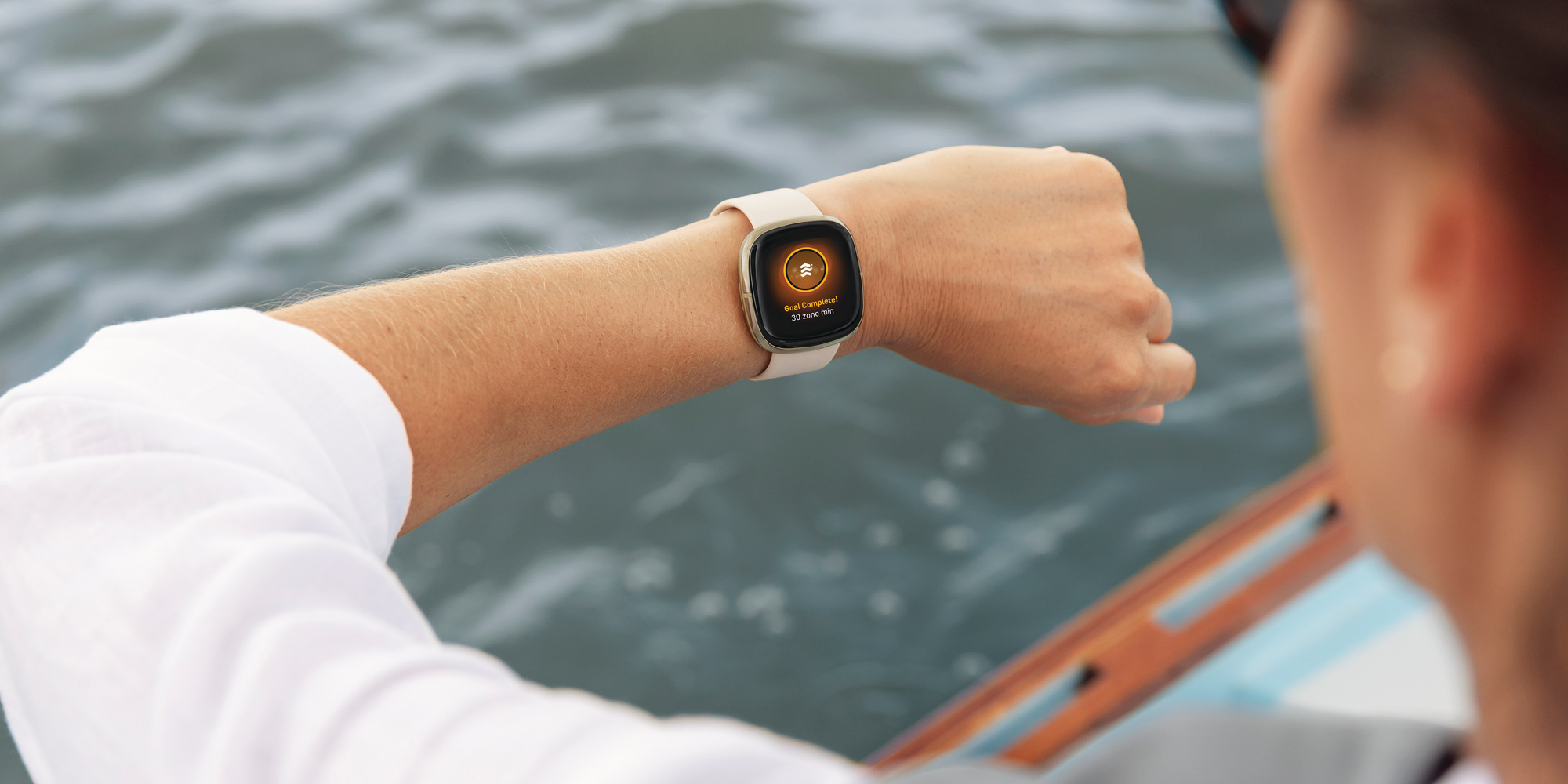Google is poised to advance in its attempt to acquire personal fitness tracker maker Fitbit after obtaining antitrust approval from the European Commission, Reuters reported Sept. 29.
The search engine giant first announced its intent to go through with a $2.1 billion, all-cash deal to set itself up to rival Apple and Samsung in the wearable fitness market in November 2019.
As part of its concessions, Google would restrict the use of Fitbit data for its ads and would also “tighten the monitoring of that process,” according to Reuters.
Google said it is additionally “formalizing [its] longstanding commitment to supporting other wearable manufacturers on Android and to continue to allow Fitbit users to connect to third-party services via APIs (application programming interfaces) if they want to.”
The third parties could then have access to users’ data with their consent.
“This deal is about devices, not data. The wearables space is highly crowded, and we believe the combination of Google and Fitbit’s hardware efforts will increase competition in the sector, benefiting consumers and making the next generation of devices better and more affordable,” Google said in a statement.
EU investigators will now ask consumers and rival companies about Google’s planned concessions before deciding if they are sufficient, and have to decide either way by Dec. 23.
In the U.S., Google is still facing inquiries from the Federal Trade Commission and the Department of Justice about the deal, as well as a larger antitrust case.
According to market research firm International Data Corp, Fitbit had a 3% share of the global wearables market as of the first quarter of 2020, and Apple had a 29.3% share, while Xiaomi, Samsung and Huawei all had over 10% each. With production primarily based in China, Fitbit’s share declined by 2.2% year-over-year during Q1 as the COVID-19 pandemic hindered the supply chain.







![[Subscription Customers Only] Jun 15, 2025; Seattle, Washington, USA; Botafogo owner John Textor inside the stadium before the match during a group stage match of the 2025 FIFA Club World Cup at Lumen Field.](https://frontofficesports.com/wp-content/uploads/2026/02/USATSI_26465842_168416386_lowres-scaled.jpg?quality=100&w=1024)
![[Subscription Customers Only] Jul 13, 2025; East Rutherford, New Jersey, USA; Chelsea FC midfielder Cole Palmer (10) celebrates winning the final of the 2025 FIFA Club World Cup at MetLife Stadium](https://frontofficesports.com/wp-content/uploads/2026/02/USATSI_26636703-scaled-e1770932227605.jpg?quality=100&w=1024)







